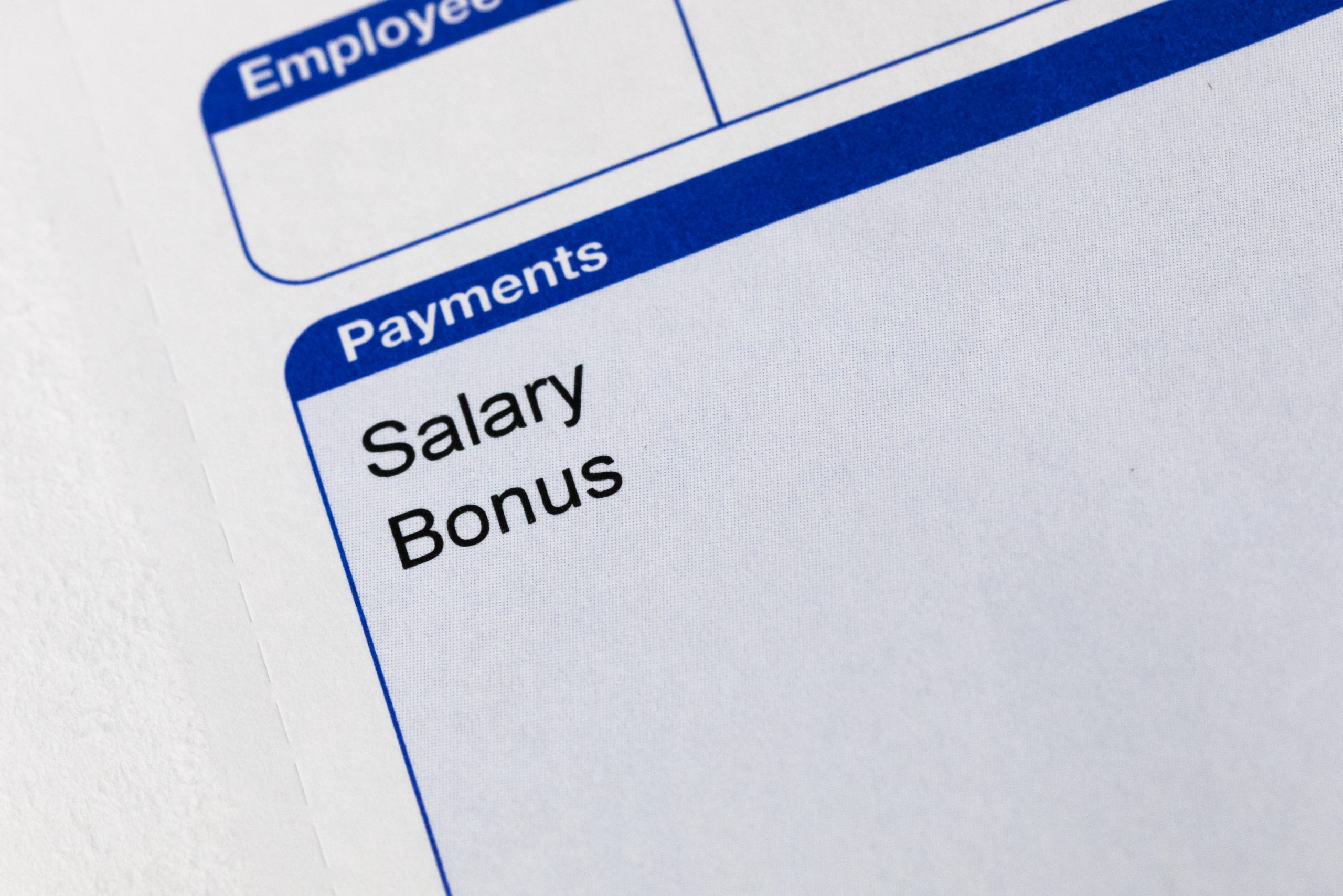Parents who take time away from work to raise their child can lose up to £180k in savings, an investment mutual reveals.
Even adopting part-time hours can lead to a £92k dent in the retirement pot, according to London Royal’s Tackling the gender pension and wealth gap report.
Women are far more likely to reduce their working hours for childcare too, which causes a major blow to their pension pot – compounded by the jobs either gender generally has.
Another issue contributing to the disparity in pay and savings is the flexibility of the employment available to men and women. Around half of men surveyed by Royal London were unable to reduce their hours or go part-time in the role they have, whereas only a quarter of women couldn’t amend their hours to be in less.
Further, figures from the Office for National Statistics show over nine in ten fathers (92%) continue to work when they have young children, compared to just three-quarters (76%) of mothers.
Overall, only 2% of families in the UK have an arrangement where the mother works full-time and the father works part-time.
Unemployment and work flexibility cause disparity in mother’s pension pot
Meanwhile, there are 1.65 million more women than men unemployed in the UK, which has a huge impact on the future funds they have to rely on. With no National Insurance (NI) contributions being paid, the level of state pension would reduce for those unemployed, as they wouldn’t qualify for the full 35 years of NI contributions.
The statutory weekly rate of maternity pay stands at £172.48 or 90% of your weekly earnings (whichever is lower). Fathers can claim up to two weeks from the state pot while maternity pay covers that amount over 39 weeks. However, it is dependent on your employer how much leave you receive and the pay you are entitled to.
To alleviate the gender gap, the Government offers a shared statutory pay entitlement. This can be split for a maximum of 50 weeks between partners, with a paid leave of 37 weeks.
However, across Europe, the UK still has the least generous package, as paternity and maternity pay amounts to just 44% of the National Living Wage.
‘Talk to your partner about maternity pay’
Clare Moffat, pensions expert at Royal London: “Altering working patterns after having children most often falls to the female, but comes with a sting in the tail. Women not in paid work because they are bringing up children can miss out on building up a full state pension and be tens of thousands of pounds worse off in their personal pension.
“Data tells us that the majority of responsibility for raising children is carried out by women, and adversely impacts their income. Not only does the interruption to their employment pattern impact their financial security and independence in the short term, but it also affects them in later life by creating a huge gap in their retirement savings.”
Moffatt added: “Reducing hours or stopping work altogether to care for children means pension saving takes a hit and it might also mean that they don’t have the 35 years of national insurance contributions or credits needed for the full State Pension.
“The number of decisions you’re faced with when you become a parent can be overwhelming, but shouldn’t just involve the length of maternity leave or dealing with childcare costs. Talking to your partner about money and thinking about how your financial planning decisions impact you as a couple, both now and in the future, is vital. That way you look at all options available to both people in a relationship.”





